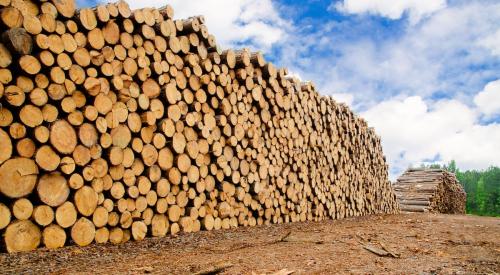Material shortages are a widespread concern for an array of U.S. industries, from home building to car manufacturing. One Orlando, Fla. contractor told The New York Times that costs for materials such as drywall, aluminum, and steel have increased by 10% to 20%. The White House continues to receive pressure from industry groups requesting relief: automakers need help receiving semiconductors for cars while builders ask for tariff relief on imported materials such as lumber. And Biden’s multitrillion-dollar infrastructure plan—which would ramp up construction and manufacturing—could end up costing much more than anticipated.
“We keep waiting for things to settle down and get back to normal, but they haven’t,” Mr. Whelan said. He has considered using other material, such as metal stud systems rather than wood framing, for some construction projects because the price of lumber has almost tripled in the last year.
Economists and policymakers are carefully tracking the shortages as they hunt for signs of inflation, and companies are increasingly worried that the price spikes may not be temporary.
The Federal Reserve’s latest Beige Book survey found that businesses were citing “Covid-related disruptions in production and supply chain logistics” as reasons for shortages and price spikes of commodities such as “agricultural products, building materials, cleaning products and microchips.”
For now, the Fed is not overly concerned about the price increases, viewing them as temporary and not the type of inflation that could spiral out of control. The Fed chair, Jerome H. Powell, said last week that officials expected to see short-lived price spikes as the economy reopened and consumers started spending again.










